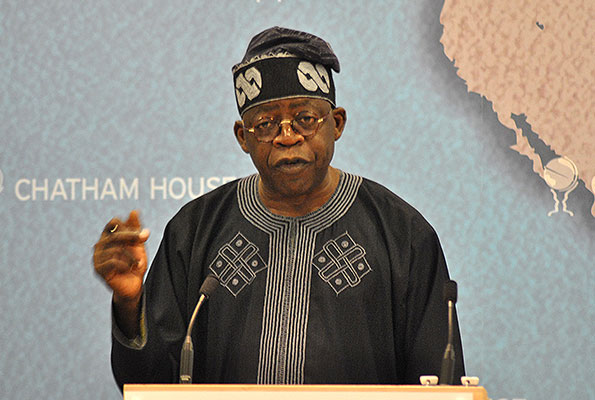Nigeria’s yearly inflation rate increased to a level not seen in the country for 18 years as a result of President Bola Tinubu’s broad reforms, which removed a fuel subsidy and devalued the naira.
The inflation went up from 24.08% in July 2023 to 25.8% in August, the statistics office reported in September. According to official estimates, Nigerians last saw this level of inflation in August 2005.
Following President Bola Tinubu’s decision to end petroleum subsidies, the cost of transportation and food has increased in Africa’s biggest economy, upsetting labour unions and the general populace. Fuel usage has also decreased.
Because of President Bola Tinubu’s decision to allow the naira to float freely in the market and exacerbate inflation, the naira has lost value against the dollar.
The president acknowledged that his new policies had a negative impact on Nigeria’s economy, but he insisted that the economy would benefit in the long run from eliminating the expensive subsidies and currency controls.
According to Capital Economics’ Africa Economist, David Omojomolo, inflation will only get worse. The expert also stated that, while he anticipated further tightening by the central bank, he was worried that it would not take any decisive steps.
“And while the official exchange rate for the naira has remained largely stable, the parallel rate has started to decline once more. Consequently, we anticipate an increase in inflation to more than 30% y/y in the upcoming months,” he wrote in a note.
“The CBN (Central Bank of Nigeria) delivered an underwhelming 25 bp (basis point) hike at its July meeting, but we expect that it will act more aggressively and raise rates by 150 bp to 20.25% at the next meeting on September 26th,” he said.
“Monthly inflation soared to a 15-year high of 3.2%. The uptick was broad-based. Annual food inflation quickened to 29% in August from 27% a month earlier and core price growth, which excludes farm produce and energy costs, accelerated to 21% from 20.5%,” mentioned a Bloomberg report on the phenomenon.
“The acceleration continues to be fanned by the removal of costly fuel subsidies in May, security issues in Nigeria’s food-producing regions, a 40% depreciation in the naira against the dollar since the authorities allowed the local unit to float more freely in June and the continued weakness of the currency on the parallel market,” it added further.
However, the latest developments may now persuade Nigeria’s central bank’s monetary policy committee to raise interest rates at its September 25-26 meeting for an unprecedented ninth consecutive time.



